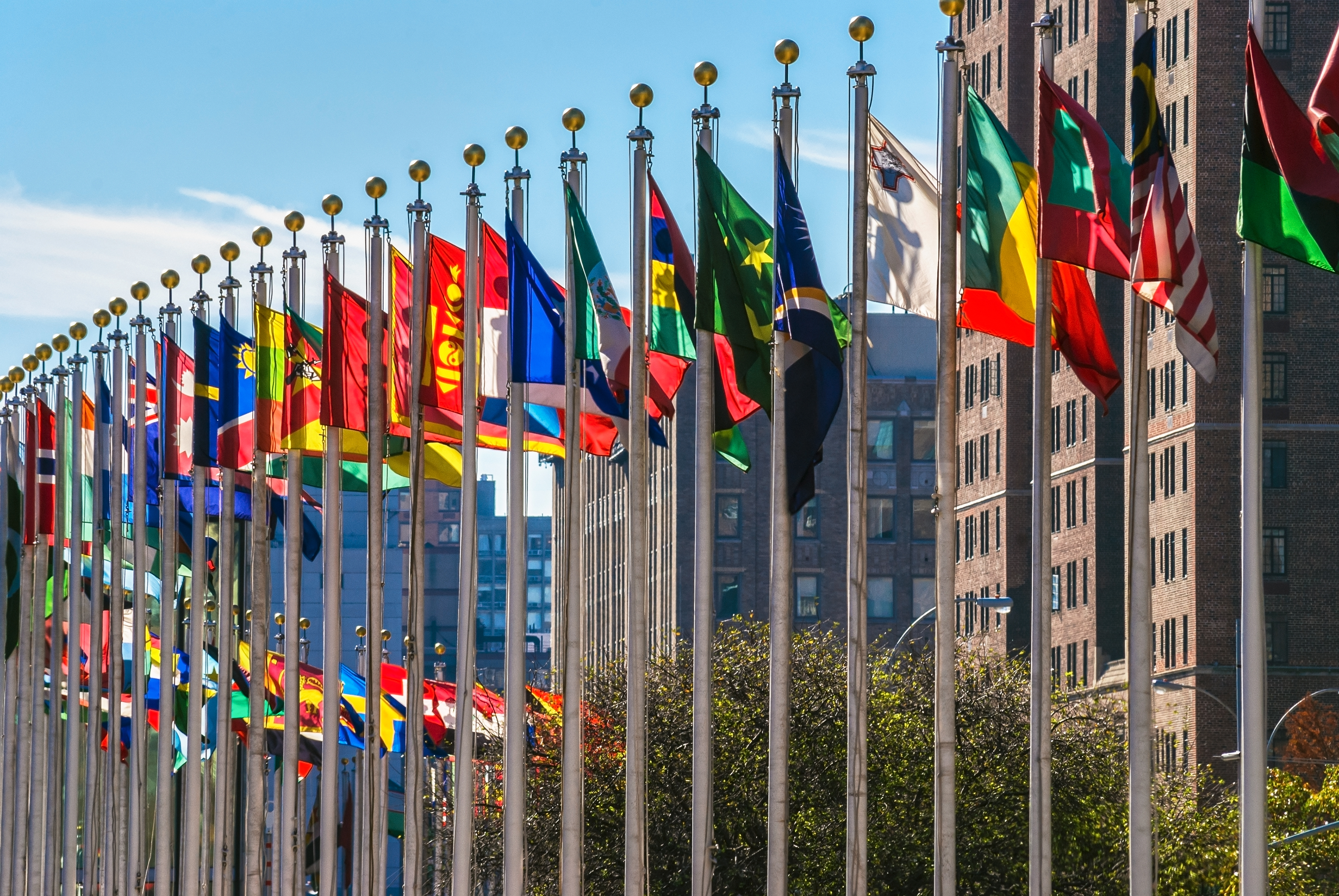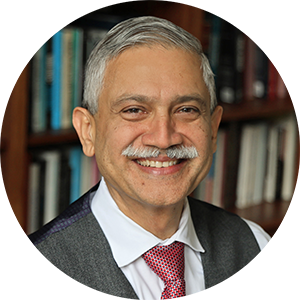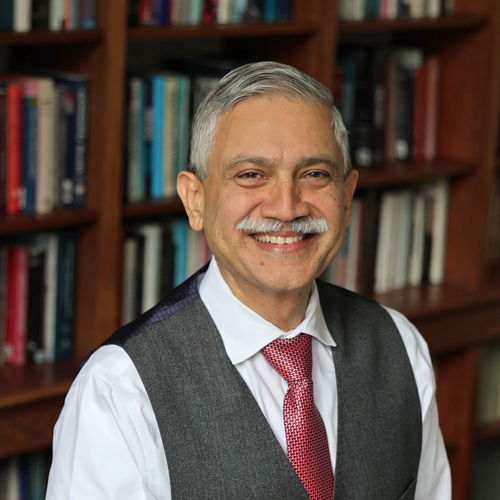Failure to Pass a UN Declaration on Noncommunicable Diseases is Not an Excuse for Inaction.

Failure to Pass a UN Declaration on Noncommunicable Diseases is Not an Excuse for Inaction
With or without a formal declaration, noncommunicable diseases remain the biggest burden on health and economies across the world—and universities are uniquely positioned to drive change and progress. At BU, we are already doing just that, writes Dean Adnan Hyder in a new commentary that reflects on the conclusion of the 80th Session of the UN General Assembly.
Dear Colleagues,
Near the end of the 80th Session of the UN General Assembly last week, Noncommunicable Diseases (NCDs) and mental health took center stage in a Fourth High-Level Meeting focused on common ground and solutions. I was optimistic that there would be real momentum to act, as NCDs remain a leading cause of death and disability across the world and the Sustainable Development Goal (SDG) to reduce premature mortality from NCDs is off track by a third.
Needless to say, I know I am not alone in my disappointment that the UN High-Level Meeting on NCDs failed to pass a political declaration—especially since the United States rejected it before the meeting even began.
Those of us who have worked on this issue for decades are frustrated. These declarations can force actions and motivate individual countries to show solidarity. But we must remember that a political declaration in and of itself does not equate to tangible, real-world solutions on the ground. With or without the declaration, the global urgency to address NCDs remains, and those of us in academic public health are uniquely positioned to help meet this challenge. In fact, we already are.
Below, I explore three ways that academic institutions, including Boston University School of Public Health, are prioritizing this urgent healthcare priority across the globe:
1. Generating evidence for “Best Buys:” A term coined by the World Health Organization, Best Buys are evidence-based interventions that are rigorously proven to reduce mortality and morbidity from NCDs. A few examples are taxes on unhealthy industries such as tobacco and alcohol; improved labeling on nutrient-deficit foods; and the promotion of physical activity. However, these topics and ideas are politically challenging across the US and the globe—which is exactly why those of us in academic public health must engage with affected communities and policymakers to advocate for such action. At BUSPH, our faculty regularly engage in implementation science and research on these issues. For example, Professor David Jernigan is working with legislators in Massachusetts on taxing alcoholic beverages, while professor Justin White’s research has demonstrated that taxing sugary beverages can reduce consumption by 33 percent.
2. Supporting the necessary infrastructure for healthy lifestyles: Creating the conditions for everyone to live healthier lifestyles is a core tenant of public health. In urban health, we focus on how cities can become more walkable and bike-friendly, both activities that can improve cardiovascular health and lower the risk of heart disease, the leading NCD. As an urban-based campus, urban health is ingrained in the identity of Boston University. The BU Initiative on Cities is a research center that identifies research and solutions across schools. Within BUSPH, our Center for Climate and Health is leading transformative research on the human and environmental effects of climate change. Professors Madeleine Scammell and Patricia Fabian are partnering with communities to reduce ambient temperatures in Chelsea and Boston.
3. Investing in ambitious research agendas: We do not have all of the predictions or solutions to NCDs, but we continue to vigorously examine disease prevention, treatments, and interventions. Addressing the related, yet distinct, crisis of mental health also requires focus—I will expand on that at a later date. While these problems are not new, we do need to identify new answers; and the WHO recognized this in creating a technical advisory group. The only way to do this is with an ambitious research agenda; I worked with an amazing panel of experts to propose a global agenda recently. In emerging fields such as convergence research, solutions will arise as multiple disciplines solve problems together. This will require investment and collaboration to improve the health of all.
The absence of a formal declaration doesn’t mean we stop the work we’re already doing—it simply means we have to work harder to elevate shared solutions. The good news is that there is global solidarity. The only way we will make progress is by working together, across institutions, states, and disciplines—let’s converge to help reduce the national and global burden of NCDs.

Warm regards,
Adnan Hyder, MD, MPH, PhD
Dean and Robert A. Knox Professor
Boston University School of Public Health
